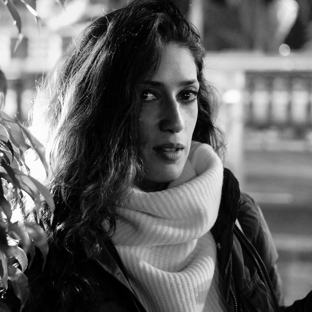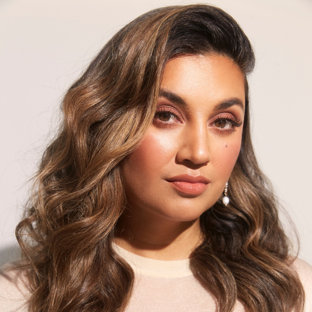Nearly 20 years ago, Aileen Moreton-Robinson’s pioneering work Talkin’ Up to the White Woman took a sledgehammer to the idea of a unified sisterhood serving the common good of all women. It was Australia’s first ever analysis of feminism from an Indigenous woman’s standpoint. So, how far have we come?
It’s a problem faced by women everywhere: against a backdrop of racism and colonial privilege, unexamined whiteness and systemic oppression, a dominant representation of feminism has prevailed. How do we un-whitewash our feminism?
Hosted by Jamila Rizvi.
This event will be Auslan interpreted.
Featuring

Aileen Moreton-Robinson
Distinguished Professor Aileen Moreton-Robinson is a Goenpul woman of the Quandamooka people (Moreton Bay) and is Professor of Indigenous Research at RMIT University. She was appointed as Australia’s first Indigenous Distinguished Professor in 2016 and was a founding member of the Native American and Indigenous Studies Association (NAISA). She is the author of Talkin’ Up to the White Woman: Indigenous Women and Feminism (UQP); The White Possessive: Property, Power and Indigenous Sovereignty (Minnesota Press); and the editor of several books, including Critical Indigenous Studies: Engagements in First World Locations (The University of Arizona Press). In 2020 she was appointed a member of the American Academy of Arts and Sciences, the first-ever Australian Indigenous scholar to be elected.

Fatima Bhutto
Fatima Bhutto was born in Kabul, Afghanistan and grew up between Syria and Pakistan. She is the author of several books, both fiction and nonfiction. Her debut novel, The Shadow of the Crescent Moon, was long listed for the ...
Intan Paramaditha
‘Identifying myself as a feminist writer is still important and still a political stance, but I need to be constantly aware of the implications, power relations, and more importantly, the responsibility that comes with it.’
Intan Paramaditha is a fiction writer and an academic. She holds a PhD from New York University and teaches Media and Film Studies at Macquarie University, Sydney. She is the author of a short story collection, Apple and Knife, and her upcoming novel, Gentayangan (The Wandering), received a PEN Translates Award from English PEN and PEN/Heim Translation Fund from PEN America.

Ruby Hamad
‘That the voices of Women of Colour are getting louder and more influential is a testament less to the accommodations made by the dominant white culture and more to their own grit in a society that implicitly – and sometimes explicitly – wants them to fail.’
Ruby Hamad is an author and PhD candidate in media studies and post-colonial studies at UNSW, where she is researching media criticism and coverage of Arabs and the Middle East. In 2018, Hamad’s Guardian article – ‘How White Women Use Strategic Tears to Silence Women of Colour’ – became a global flash point for debate around feminism’s intersection with racial and colonial oppression. Her new book is White Tears/Brown Scars.

Jamila Rizvi
Jamila Rizvi is an experienced broadcaster, public speaker and social policy expert, as well as the bestselling author of Not Just Lucky and The Motherhood. As Deputy Managing Director of Future Women, Jamila ...
